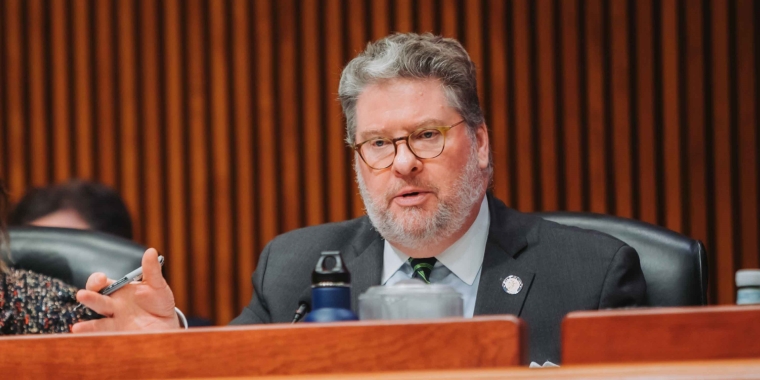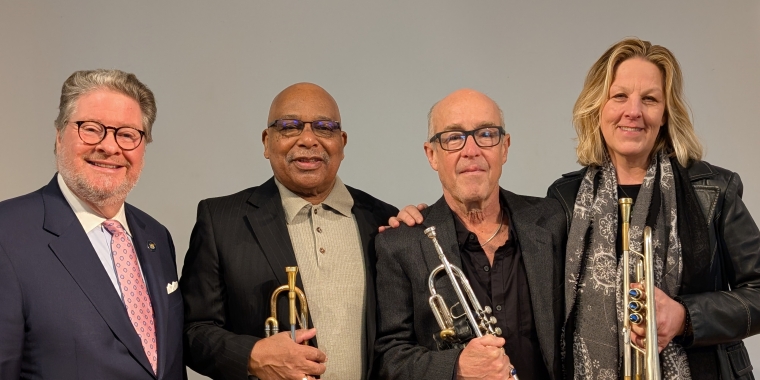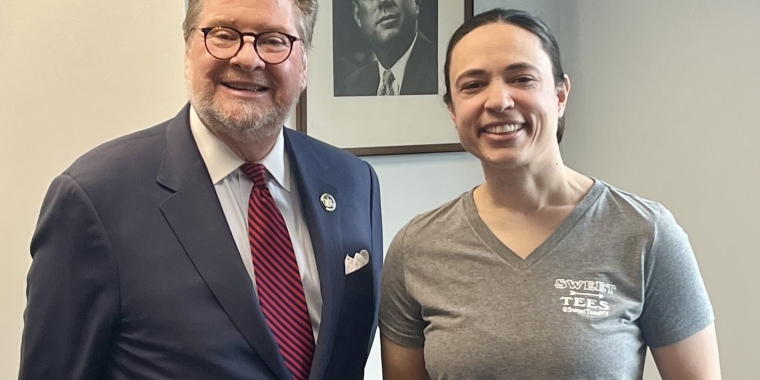
Harckham, Elected Leaders Oppose Cuts in State Funding for Local Roads
February 9, 2024

State Sen. Pete Harckham
Peekskill, NY – In response to a proposed $60 million cut in the Consolidated Local Street and Highway Improvement Program (CHIPS) funding in the Executive FY2024-2025 State Budget, New York State Senator Pete Harckham and local elected leaders from around the 40th Senate District today called for increased state funding for local roads in the upcoming spending plan.
“In the past few years, a surge in traffic, rising repair costs and a proliferation of potholes have left our local municipalities struggling to keep our roadways safe for travel,” said Harckham. “Our annual state investment in CHIPS has helped us maintain decent road conditions statewide, but there has been marked deterioration in many areas, like the Hudson Valley, because of climate change. Looking ahead, we can see that more, not less investments will have to be made for our local roads to stay safe for motorists, and those increases should be on the books this year. Simply, cuts to CHIPS puts motorists on New York roads at risk.”
New York State is in the third year of a five-year capital plan for the state’s Department of Transportation (NYSDOT) to repair the local road system. Inside of that plan is $538.1 million for annual funding of the Consolidated Local Street and Highway Improvement Program (CHIPS). Record-high inflation rates and increased costs for highway materials on top of worsening infrastructure have caused major problems for municipalities, which is why the State Legislature added $60 million for a total of $598 million to CHIPS in last year’s budget. The Executive’s proposed FY2024-2025 cuts the CHIPS funding back to $538 million.
Harckham, who has already called for an additional $2 billion in the state budget for highway improvements, said last year’s investment of $598 million for CHIPS “definitely helped our municipalities deal with much-needed road repairs, but circumstances are requiring more funding. Now is not the time for cuts!”
A recent report from TRIP, a Washington, D.C.-based transportation research organization, recently noted that New York’s roadways cost the state’s drivers $8.7 billion—an average of $715 per motorist—in repairs last year. Add congestion-related delays ($16.8 billion) and traffic crashes caused by unsafe roads ($11.2 billion) and the total skyrockets to $36.7 billion.
Meanwhile, local governments are responsible for maintaining 85% of all roads statewide, with towns responsible for the most—62.9%. The Association of Towns of the State of New York (AOT) states that every dollar of road and bridge maintenance saves New York drivers four to five dollars in future repairs. In total, New York drivers lose an average of $2,768 a year because of bad, unsafe roads and traffic jams. AOT adds that “…reliable funding sources like CHIPS allow towns to engage in long-term capital planning…”
Cortlandt Town Supervisor Richard Becker, MD, said, “I support efforts for maintaining a sufficient level of funding for the CHIPS program, which is essential for maintaining safe travel ways, a major function of local government. The Town of Cortlandt has a capital improvement plan and relies on CHIPS funding for these programs. All residents feel the tangible, positive effects of CHIPS funding.”
Stony Point Town Supervisor James Monaghan said, “The need for funding for maintaining the safety of our local roads has never been greater. Some of our roadways, like Route 9W up to Bear Mountain, require constant repairs and annual paving. The CHIPS funding Stony Point receives is a critical infrastructure investment—now is not the time to be cutting it.”
Peekskill Mayor Vivian McKenzie said, “The City of Peekskill and all New York State municipalities struggle to maintain critical infrastructure. The historic year after year double-digit increases in labor and materials have stretched the City’s abilities to pave our roads. Pavement funding is of utmost importance, and we implore our representatives to bear in mind how important it is to maintain a consistent level of support.”
Carmel Town Supervisor Michael Cazzari said, “The Consolidated Local Street and Highway Improvement Program (CHIPS) money is an integral part of Carmel Highway Superintendent Mike Stern’s ability to keep the public roadways safe. There are approximately 180 miles of town roads in the Town of Carmel. We primarily rely on CHIPS funding to maintain and repair our infrastructure. The roadways have been heavily damaged from the excessive amount of flooding this season; combined with the temperature fluctuations between freezing and thawing, many roads are just one continuous pothole. New York State should be increasing, not reducing, this desperately needed funding, especially with the skyrocketing cost of materials.”
North Salem Town Supervisor Warren Lucas said, “The proposed reduction of CHIPS funds by the Governor is an eye opener and certainly concerning. The Connecticut commuter traffic through our town is constant and damaging to our roads. North Salem has 42 miles of local roads. Each year the Town must pave four lane miles of roads just to keep up with the damage caused by the excessive traffic. The state’s CHIPS program provides us with around $120,000 each year--not enough to make a dent in our repairs. While New York State is happy to get the income tax from all the many thousands of commuters working in New York who pass back and forth through our Town from Connecticut every day, the State fails to understand the realities of what it takes to maintain these roads with the damaging traffic.”
Lewisboro Town Supervisor Tony Gonçalves said, “The Town of Lewisboro is heavily reliant on CHIPS funding for paving of its local roads, and it is very unfortunate to hear that New York State is cutting the CHIPS budget. There are six New York State highways that crisscross the Town of Lewisboro, as well as Interstate 684 and a Metro North Railroad station. With Waze and other GPS based driving applications, we are seeing more and more traffic utilizing our town roads as short-cuts to the highways and train. Additionally, our road repair crews are seeing an increase in road repairs due to our local roads now supporting more traffic than the norm. Climate is also a contributing factor to the disrepair of our local roads. We have areas prone to flooding, which, together with stormwater runoff, is causing severe damage to our local roadways. Our town has had to purchase additional equipment to be able to keep up with the repairs. To support these road repairs and additional labor needs, our limited town budget has become strained. We would like to see CHIPS funding increased and not decreased.”



